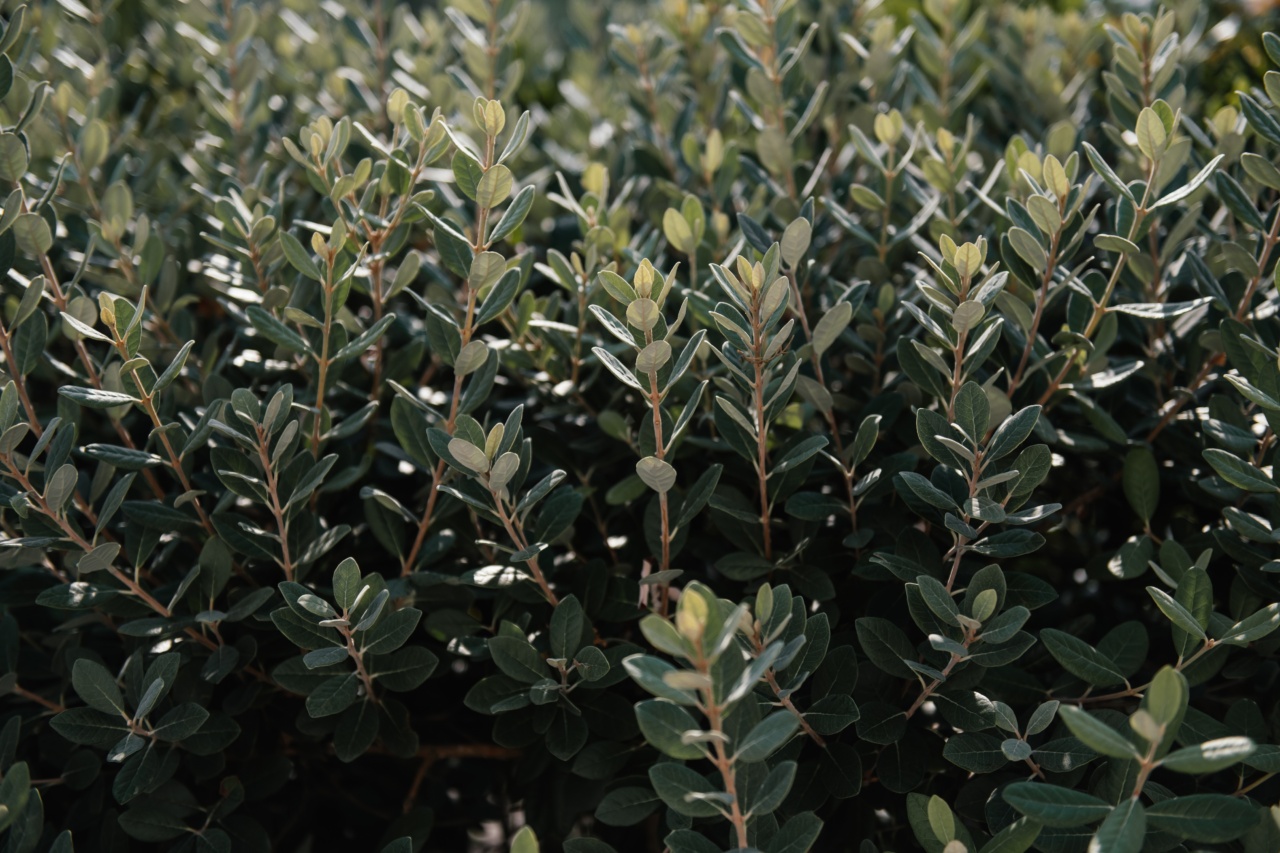Olive trees are one of the most valuable and versatile trees in the world. They are grown in various parts of the world, but their origins can be traced back to the Mediterranean.
The olive tree is an evergreen tree that bears fruit in the autumn and winter months, with its leaves being an important part of the tree’s role in the ecosystem.
The Properties of Olive Leaves
Olive leaves have been used for medicinal purposes for thousands of years. The leaves contain a compound called oleuropein, which has been shown to have many health benefits, including anti-inflammatory, antioxidant, and antimicrobial properties.
Oleuropein is also responsible for the bitter taste of olive oil. It is a natural phenol that is found in the fruit, leaves, and bark of the olive tree. The properties of olive leaves and oleuropein have been studied extensively, and they are known to have a wide range of health benefits.
The Health Benefits of Olive Leaves
The health benefits of olive leaves are numerous and varied. They are known to have anti-inflammatory, antioxidant, and antimicrobial properties, which make them useful in a variety of health conditions.
Cardiovascular Health
Olive leaves have been shown to have a beneficial effect on cardiovascular health. Research has shown that the oleuropein in olive leaves can help to lower blood pressure, reduce LDL cholesterol levels, and decrease the risk of heart disease.
This is due to the fact that oleuropein helps to relax the walls of blood vessels, making it easier for blood to flow through them.
Diabetes Management
Olive leaves have also been shown to have a positive effect on diabetes management. Research has shown that the oleuropein in olive leaves can help to regulate blood sugar levels, making it useful in the management of type 2 diabetes.
In addition, olive leaves have been shown to improve insulin sensitivity, making it easier for the body to use insulin effectively.
Anti-Inflammatory Effects
Olive leaves are known to have anti-inflammatory effects, which make them useful in the management of a variety of health conditions.
For example, research has shown that olive leaves can help to reduce inflammation in the joints, making it useful in the management of osteoarthritis. Olive leaves have also been shown to have a beneficial effect on the immune system, making them useful in the management of autoimmune diseases such as rheumatoid arthritis.
Antimicrobial Effects
Olive leaves are also known to have antimicrobial effects. They have been shown to be effective against a wide range of bacteria, viruses, fungi, and parasites. For example, research has shown that olive leaves can help to kill the H.
pylori bacteria, which is responsible for many cases of gastritis and peptic ulcers.
The Use of Olive Leaves in Traditional Medicine
The use of olive leaves in traditional medicine has been documented for thousands of years. In ancient Egypt, olive leaves were used to treat fevers, and in ancient Greece, they were used to treat wounds and infections.
In traditional Chinese medicine, olive leaves were used to treat conditions such as hypertension, diabetes, and arthritis.
Today, olive leaves are still used in traditional medicine in many parts of the world. For example, in Morocco, olive leaves are used to treat hypertension, while in Lebanon, they are used to treat diabetes.
In India, olive leaves are used to treat a wide range of conditions, including fever, diarrhea, and malaria.
The Untouched Olive Leaves
While the health benefits of olive leaves are well-known, not all olive leaves are created equal. In fact, it is the untouched olive leaves, which have never been treated with pesticides or fertilizers, that are the most valuable.
Untouched olive leaves are rich in nutrients and antioxidants, making them even more beneficial for health than regular olive leaves.
However, finding untouched olive leaves can be difficult, as many commercial producers treat their olive trees with pesticides and fertilizers to increase their yield.
To find untouched olive leaves, it is best to look for small-scale farmers who grow their olive trees without the use of chemicals.
In this way, you can ensure that the olive leaves you are consuming are not only healthy but also sustainable and ethical.
Final Thoughts
Olive leaves are an important part of the Mediterranean ecosystem, and they have been used for medicinal purposes for thousands of years.
The properties of olive leaves are well-documented, and they are known to have a wide range of health benefits, including anti-inflammatory, antioxidant, and antimicrobial properties.
Untouched olive leaves, which have never been treated with pesticides or fertilizers, are the most valuable for health.
However, finding untouched olive leaves can be difficult, as many commercial producers treat their olive trees with chemicals to increase their yield. To ensure that the olive leaves you are consuming are both healthy and sustainable, it is best to look for small-scale farmers who grow their olive trees without the use of chemicals.






























